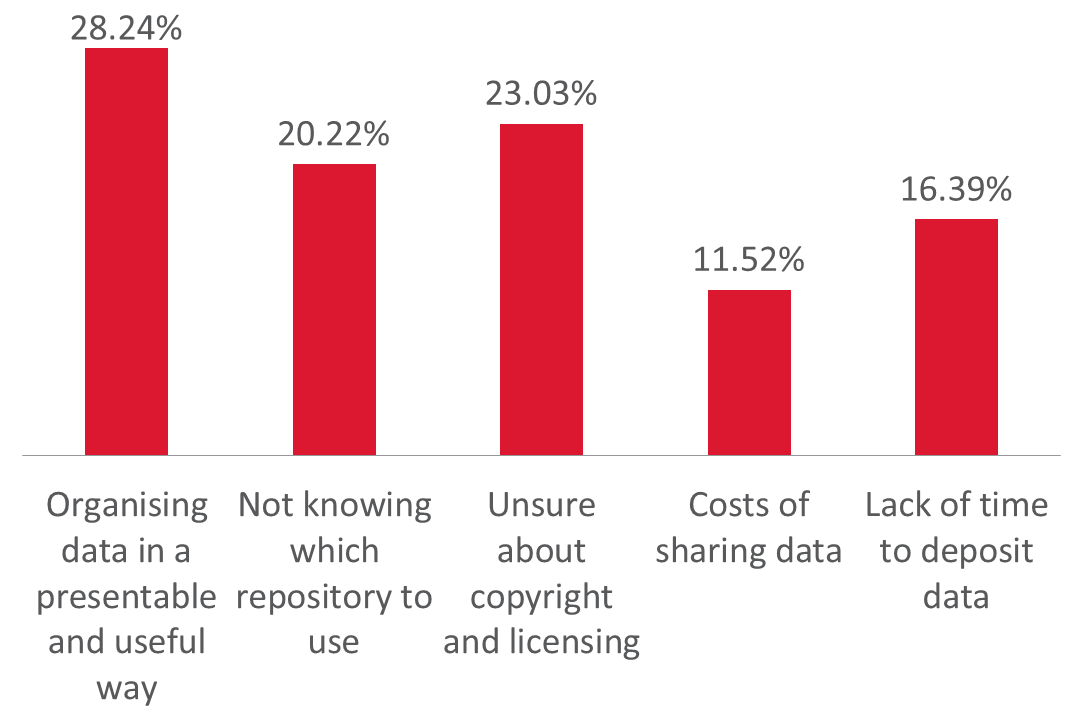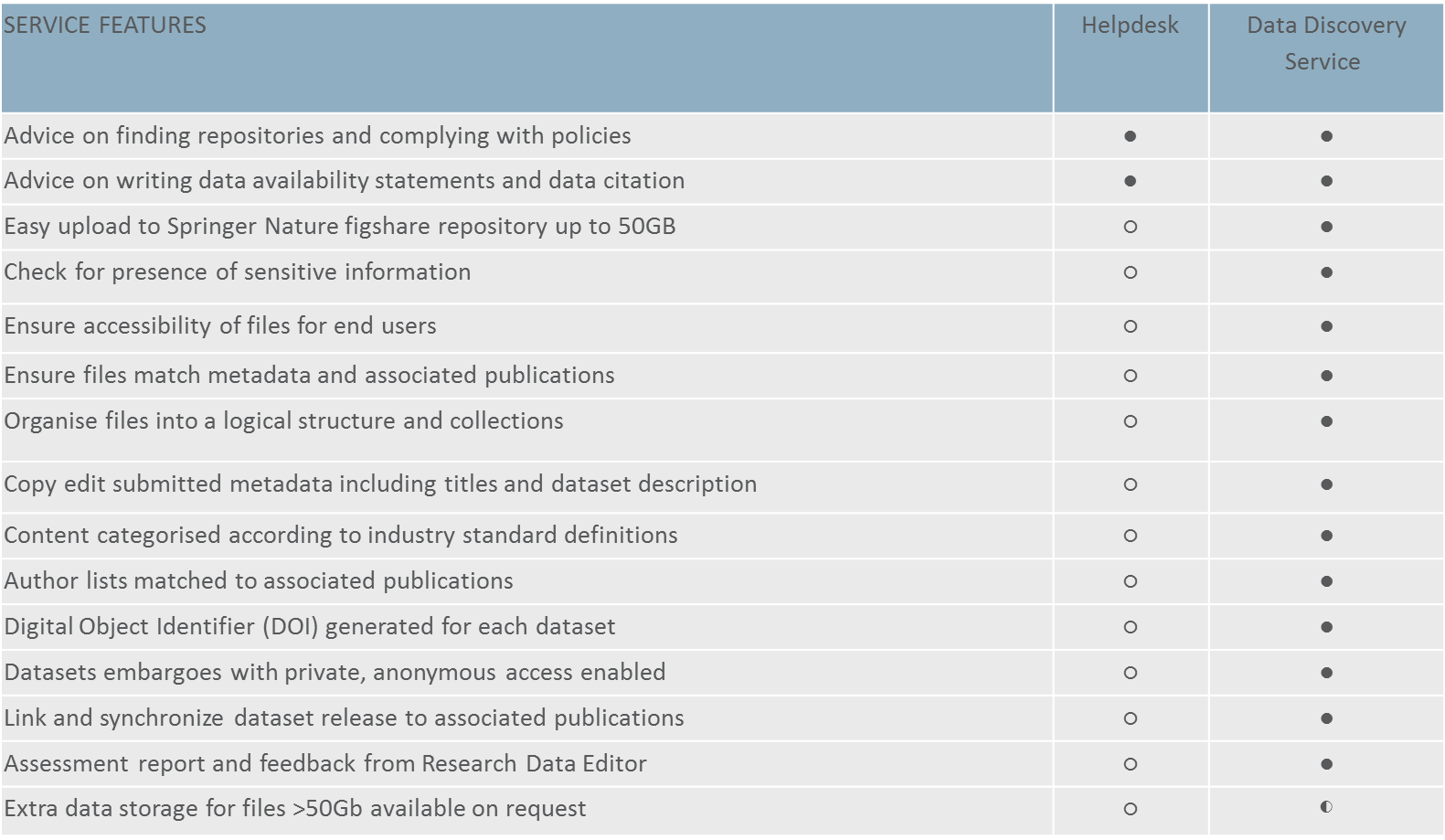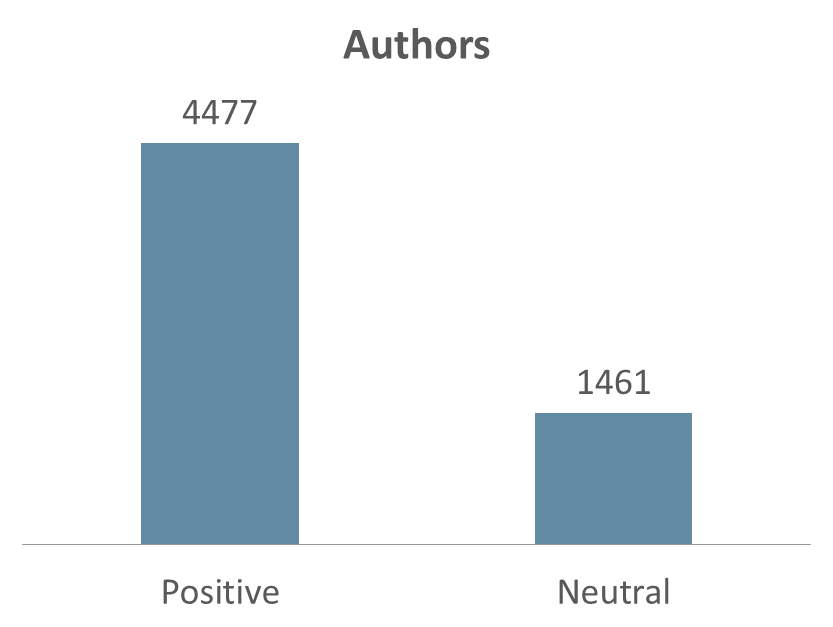Introducing Data Support Services
Published in Research Data
Since April 2017, a pilot service has been providing Springer Nature authors with additional support in curating their research data, depositing data in repositories, and drafting good quality metadata which allows datasets to be easily found and reused. These services address some of the challenges that researchers have in sharing their data, such as a lack of time, and a lack of knowledge in relation to selecting appropriate licences and repositories.

From a Springer Nature survey of 7719 authors
The services build on our existing Research Data Helpdesk, which provides information to authors free of charge on subjects including compliance with funder- and institutional policies, selecting a repository, and drafting data availability statements. In comparison to the Helpdesk, the Data Support Services provide hands-on assistance to researchers in depositing their datasets and using metadata to describe them.

A recent survey indicated that 75% of authors would be interested in a service which helps them to deposit their data in a repository. We hope that the provision of these services will address the challenges that researchers associate with making their data available.

From a Springer Nature survey of 7656 authors
More information on the services, including examples of data which has been published through the services, and testimonials from authors who have used it, is available in the full slideset:





Please sign in or register for FREE
If you are a registered user on Research Communities by Springer Nature, please sign in